- Design Ideas
- Cities
- Trends
- Guides
- Price Calculators
- Our PortfolioNEW
- More
- Home
- Trends
- Furniture And Decor
- Gardening
- Watering Plants At Night
Can We Water Plants at Night- Know in Detail
Can we water plants at night? — a question that might have popped up in your head sometime or the other. For generations, conventional wisdom has dictated that daytime is prime time for plant hydration. But what if we told you the night holds some surprising secrets for your leafy friends? Watering during the night hours, while unconventional, unlocks a treasure trove of benefits that might just revolutionise your gardening routine.
Table of Content
Ready to shed the shackles of daytime watering? Delve into 5 facts about watering plants at night that will leave you surprised.
Reduced Evaporation
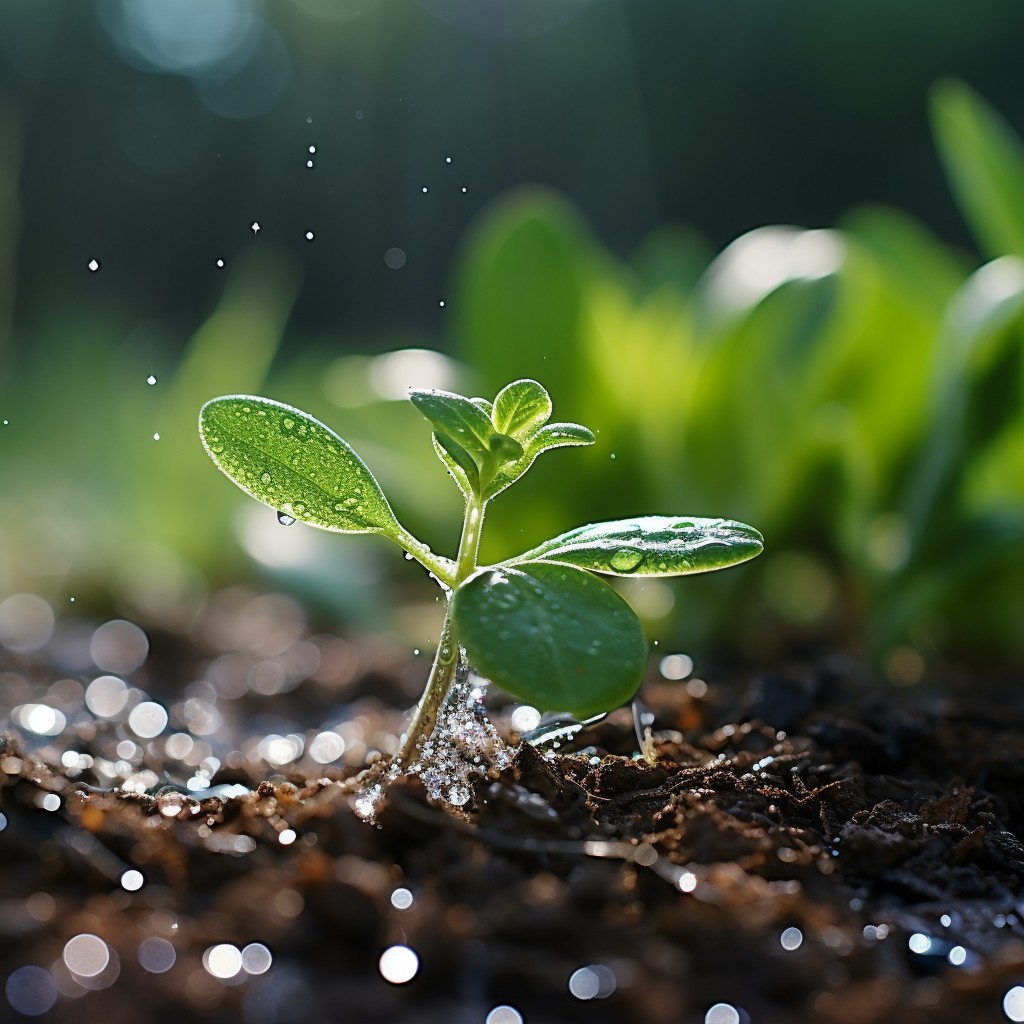
Imagine watering your garden, only to watch the precious drops quickly disappear into thin air. This midday magic trick isn't anything charming; it's evaporation. The scorching sun steals your hard work and leaves you with wilting plants and a higher water bill. But fear not, there is a solution that offers reduced evaporation- night-time watering.
Watering plants at night can lead to less evaporation compared to daytime watering. This translates to real savings. You rely less on municipal water sources, minimise your environmental footprint, and your wallet breathes a sigh of relief.
Think of it as every drop of water to your plants at night not just nourishes them but contributes to a global effort for water conservation. It's a win-win situation ‘ a healthy garden sings alongside a sustainable future.
Enhanced Nutrient Absorption
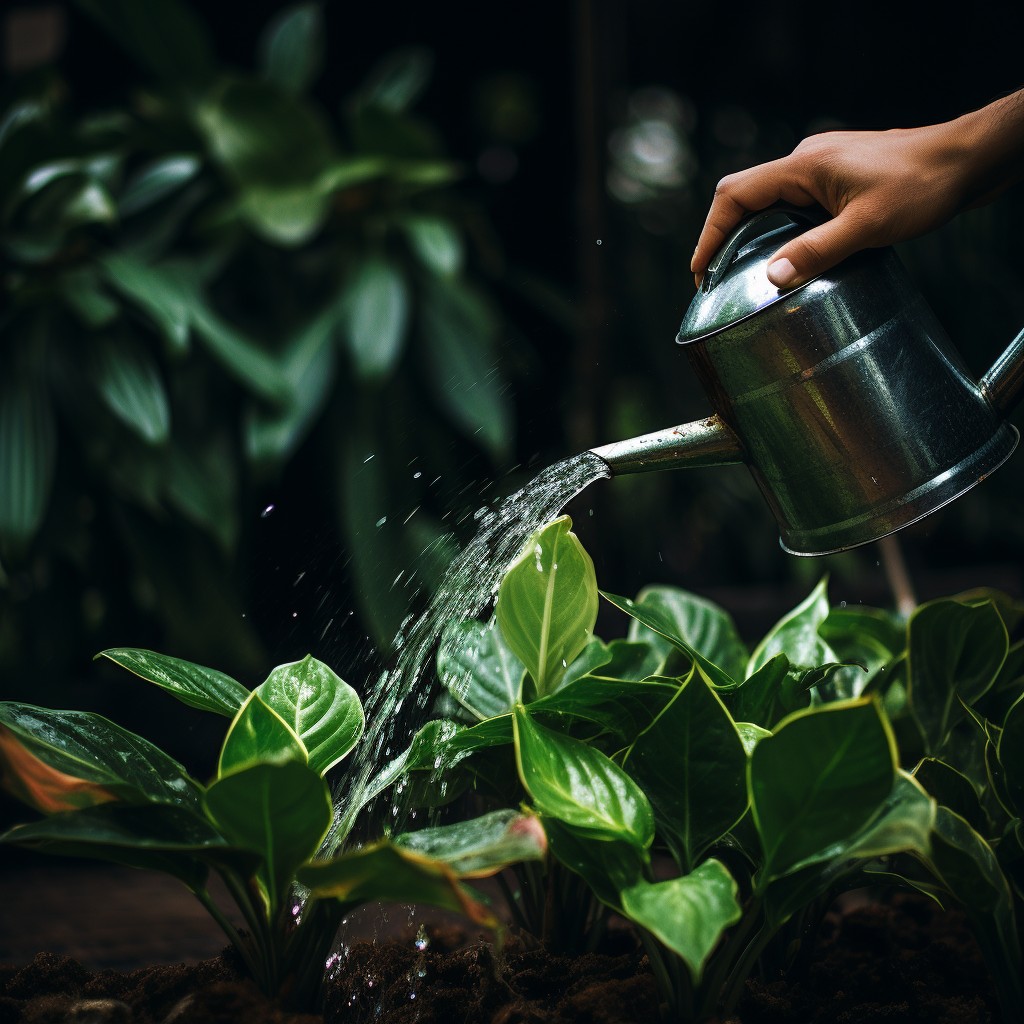
Plants, it turns out, are not just sunbathers. While daylight fuels their photosynthetic engine, a fascinating shift occurs during the night hours. Research from the Institute of Plant Physiology in Potsdam, Germany, sheds light on a nocturnal phenomenon ‘ increased cellular activity, particularly around nutrient uptake. That midnight drink becomes more than just a thirst quencher; it is nutritious for their roots, a time when essential minerals and vitamins are readily absorbed.
Studies have shown that night-time watering can lead to a 25% increase in nutrient uptake, resulting in faster growth, lusher foliage, and a general air of vibrant health.
So, when you are watering plants at night, remember, you are essentially fueling their nocturnal growth spurt.
Avoid Thermal Shock
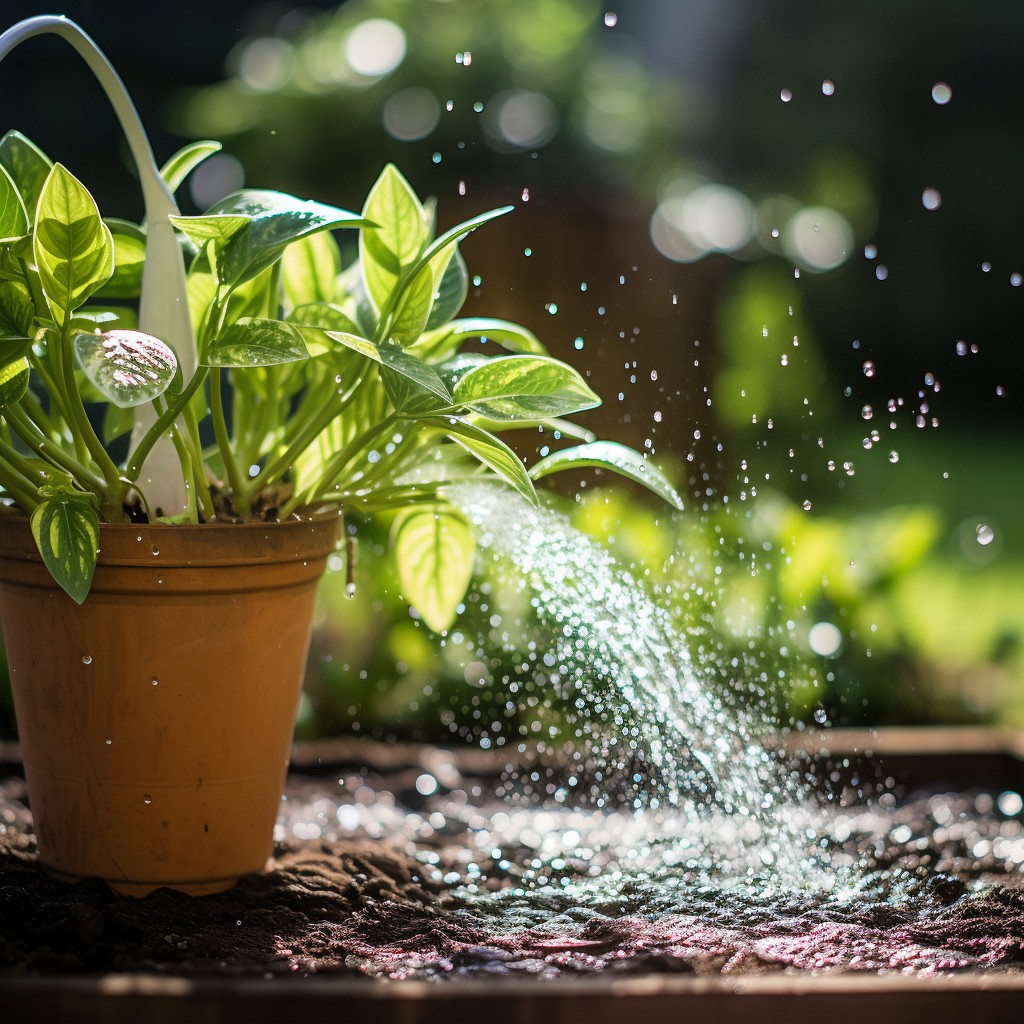
Is it okay to water plants at night? To answer this simple question, let us picture a steaming mug of coffee poured onto an icy sidewalk. The sudden temperature change sends cracks spider webbing across the surface, a stark reminder of the destructive power of thermal shock. Plants, too, can experience similar stress when subjected to harsh temperature fluctuations, especially when hot water meets warm soil.
Research from Texas A&M University found that midday watering can raise soil temperatures by up to 5 degrees Celsius, potentially damaging delicate root systems and slowing growth.
Keep Diseases at Bay with Dry Leaves
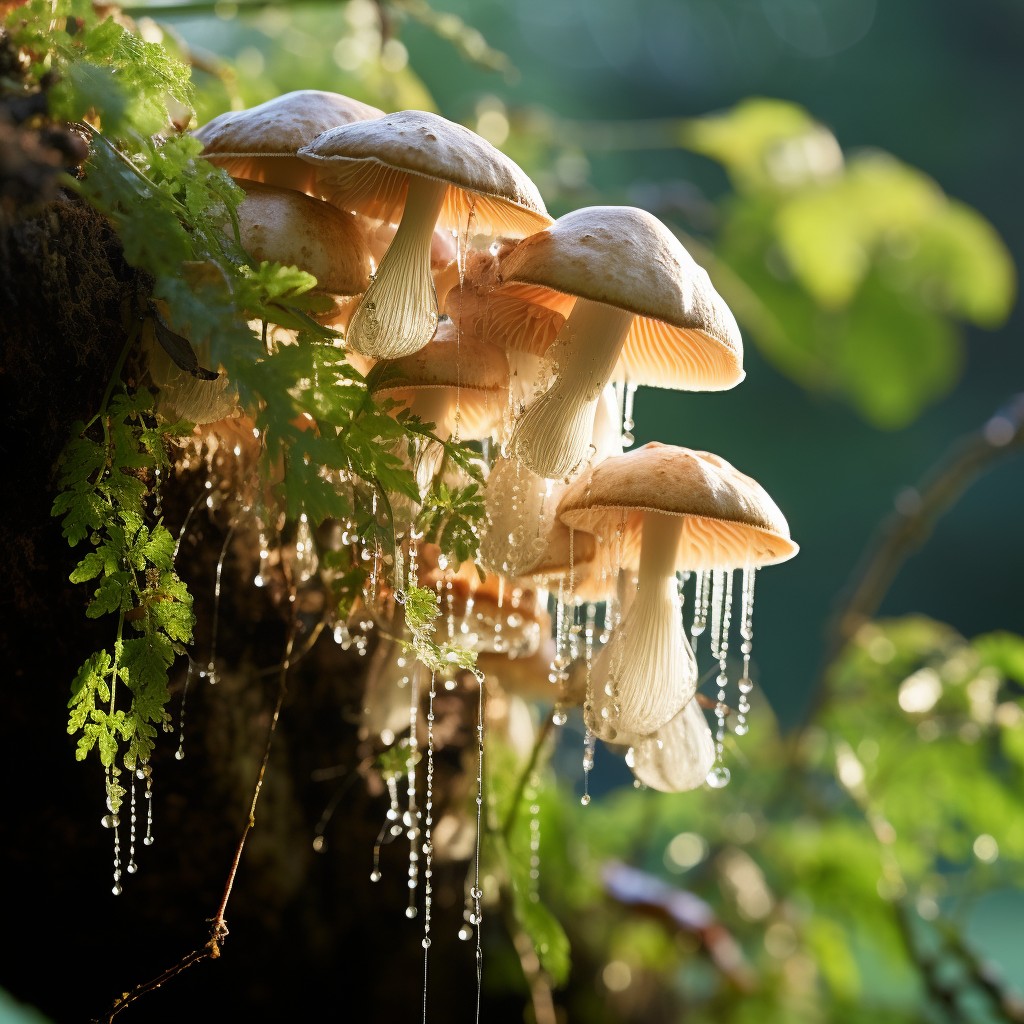
Fungi, those ubiquitous spores of the plant world, love nothing more than a warm, humid party. And what better venue for such a bash than your garden under the high noon sun? Midday watering creates a moist haven for these unwelcome guests, leading to powdery mildew waltzing across leaves and leaf spots popping up like confetti at a fungal gala. But by switching to night-time watering, you turn down the invitation, leaving the dance floor dry and unwelcoming. The cooler temperatures and shorter wet periods allow leaves to dry before sunrise, effectively putting up a 'No Fungal Festivities' sign.
Studies published in the Journal of Phytopathology have shown that night-time watering can reduce fungal disease incidence by up to 30%, keeping your plants healthy. By watering at night, you give your leaves time to dry before sunrise. This reduces the moisture that fungal spores need to germinate and spread, significantly lowering the risk of fungal diseases in your garden.
Reduces Transpiration
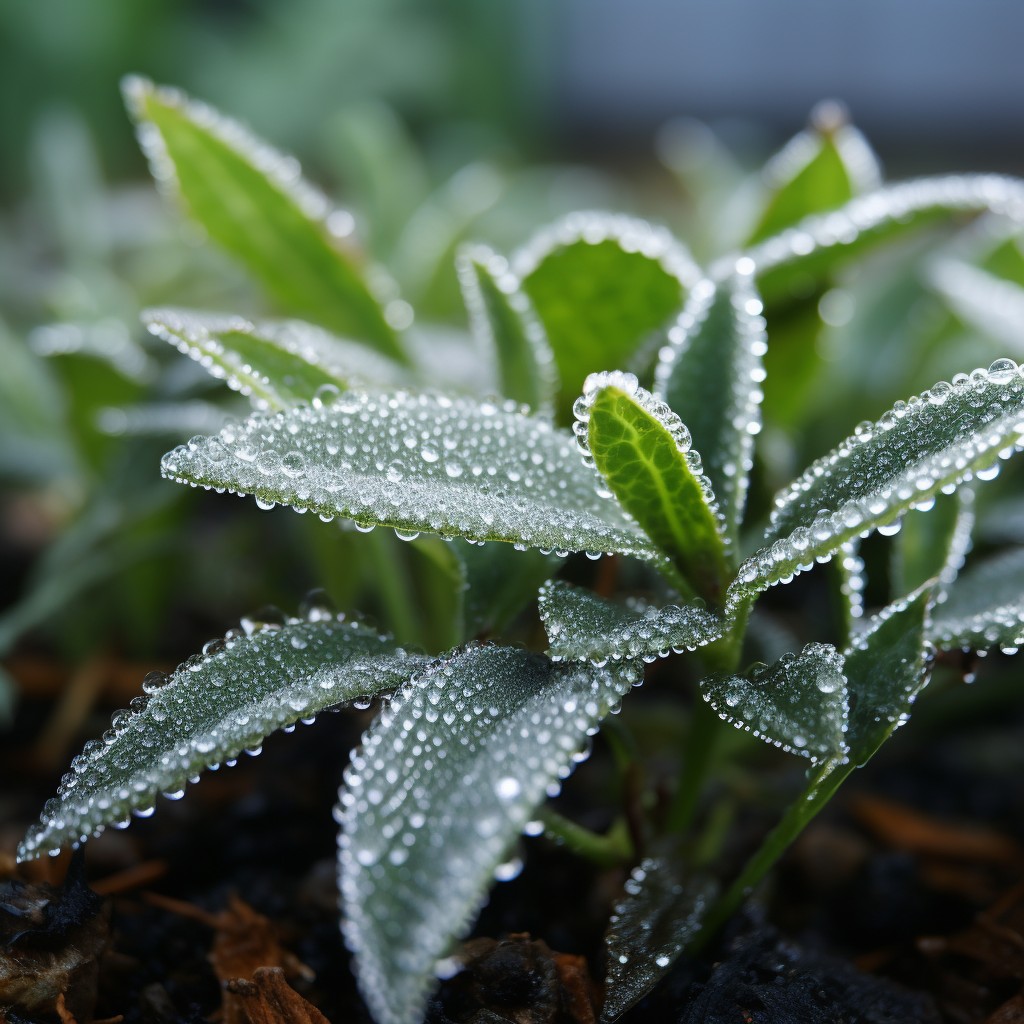
Transpiration, the process of plants releasing water vapour through their leaves, is akin to a built-in air conditioner. It is vital for temperature regulation and nutrient transport. However, during scorching summers, this system can go into overdrive, leading to wilting and stress as precious water escapes into the air. Night-time watering comes to the rescue once again, acting like a dimmer switch for this internal water fountain.
Studies conducted by the Australian National University have shown that night-time watering can reduce daytime transpiration by up to 20%, allowing plants to conserve their water reserves for essential functions. This translates to perkier foliage, less wilting stress, and a garden that radiates an almost iridescent vitality. Night-time watering is a strategic move. Plants absorb more water at night, minimising daytime transpiration and stress while saving you precious resources.
Cautions for Night-time Watering
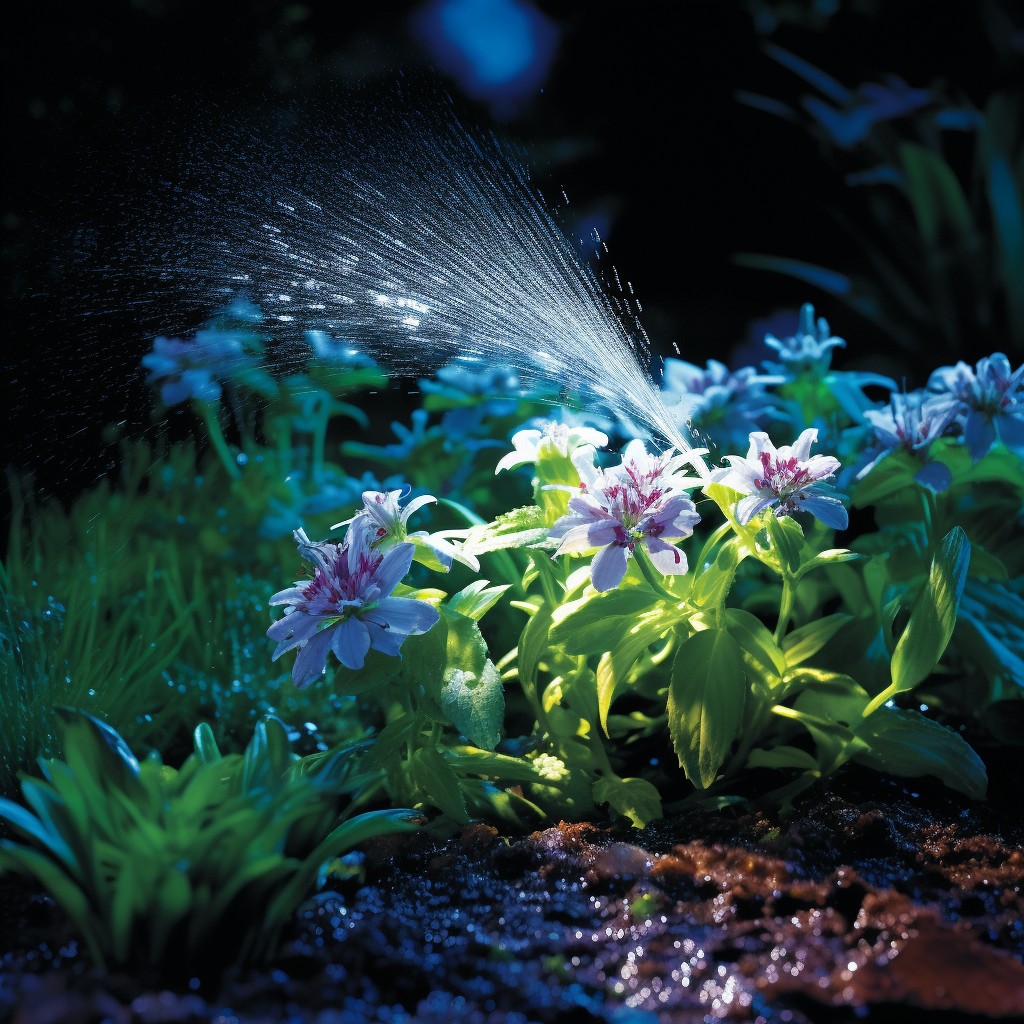
While moonlit watering unlocks secret benefits, tread carefully! Here are some things to keep in mind that will help you decide what is the best time to water plants- morning or night:
- Climate Check: Hot and humid environments can still promote fungal growth at night. Consider daytime watering if your region faces these conditions.
- Soil Type: Sandy soils drain quickly, making watering your plants at night less effective. Clay soils, retaining moisture longer, benefit more from this practice.
- Plant Personality: Water-loving plants welcome a night-time drink, while succulents and cacti prefer drier spells. Know your plant's thirst level.
- Foliage Focus: Avoid getting leaves drenched, especially for plants prone to fungal diseases. Water the soil directly or use bottom watering techniques.
- Temperature Tango: If nights are chilly, avoid cold water shocks. Use lukewarm water or wait for warmer evenings.
- Drainage Drama: Ensure proper drainage to prevent water logging around roots, attracting bacteria and harming your plants.
- Observation is Key: Watch your plants after night-time watering. Adjust the frequency and amount based on their response and soil moisture.
By understanding these nocturnal nuances, you can transform your garden into a thriving oasis illuminated by the power of moonlit hydration. Remember, the key to successful night-time watering lies in understanding your plants' specific needs and soil conditions that will help you understand if it is good to water plants at night.
Start by experimenting with small amounts of water and adjust your routine based on observations. With a little experimentation and some starlit magic, you can unlock a flourishing garden that thrives under the glow of the moon.
Conclusion
Beyond mere water savings, night-time watering unlocks a hidden world of benefits for your garden. Cooler temperatures minimise stress, allowing plants to focus on growth and repair, leading to lusher foliage and potentially bigger harvests. Nocturnal hydration disrupts the cycle of pesky insects while also welcoming vital nocturnal pollinators, creating a richer, more balanced ecosystem.
Extend your night-time garden experience indoors! Invest in beautiful planters and trays that match your interior decor and bring the tranquillity of moonlit watering into your living space. Create a seamless flow between your green friends and your cosy home with the Interior Company today.
*Images used are for illustration purposes only. Interior Company does not hold any copyright to the images unless mentioned explicitly.
Ready for a home transformation?
Let our designers assist you!
Recent Posts
No, it depends on factors like climate, soil type, and plant needs. Daytime watering might be better in hot, humid areas or for quick-draining soils. Experiment and observe your plants to find the best approach.
Yes, if leaves stay wet for too long. Choose plants less prone to fungal diseases, avoid drenching foliage, and ensure good drainage to prevent moisture buildup.
While night-time watering offers benefits for many plants, it is not a one-size-fits-all solution. Some plants, like sunflowers and leafy greens, crave regular hydration, but others, like succulents and cacti, prefer drier environments.
To avoid over-watering or under-watering your plants, research the specific needs of your plant residents. Succulents, for instance, prefer a “soak and dry” approach, where you thoroughly drench the soil once and then let it completely dry before repeating. Cacti, even tougher cookies, might only need water once every few weeks or even months! So understand their individual thirst levels and adjust your nocturnal routine accordingly.
Use the same amount you would during the day, focusing on the soil rather than the leaves. Observe your plants’ response and adjust the amount as needed.
Use a watering can directly at the base of the plant or employ bottom-watering techniques. Avoid overhead watering to minimise leaf wetting and disease risk.
Related Category
- Door Design
- Exterior Design
- Indoor Plants
- Outdoors































